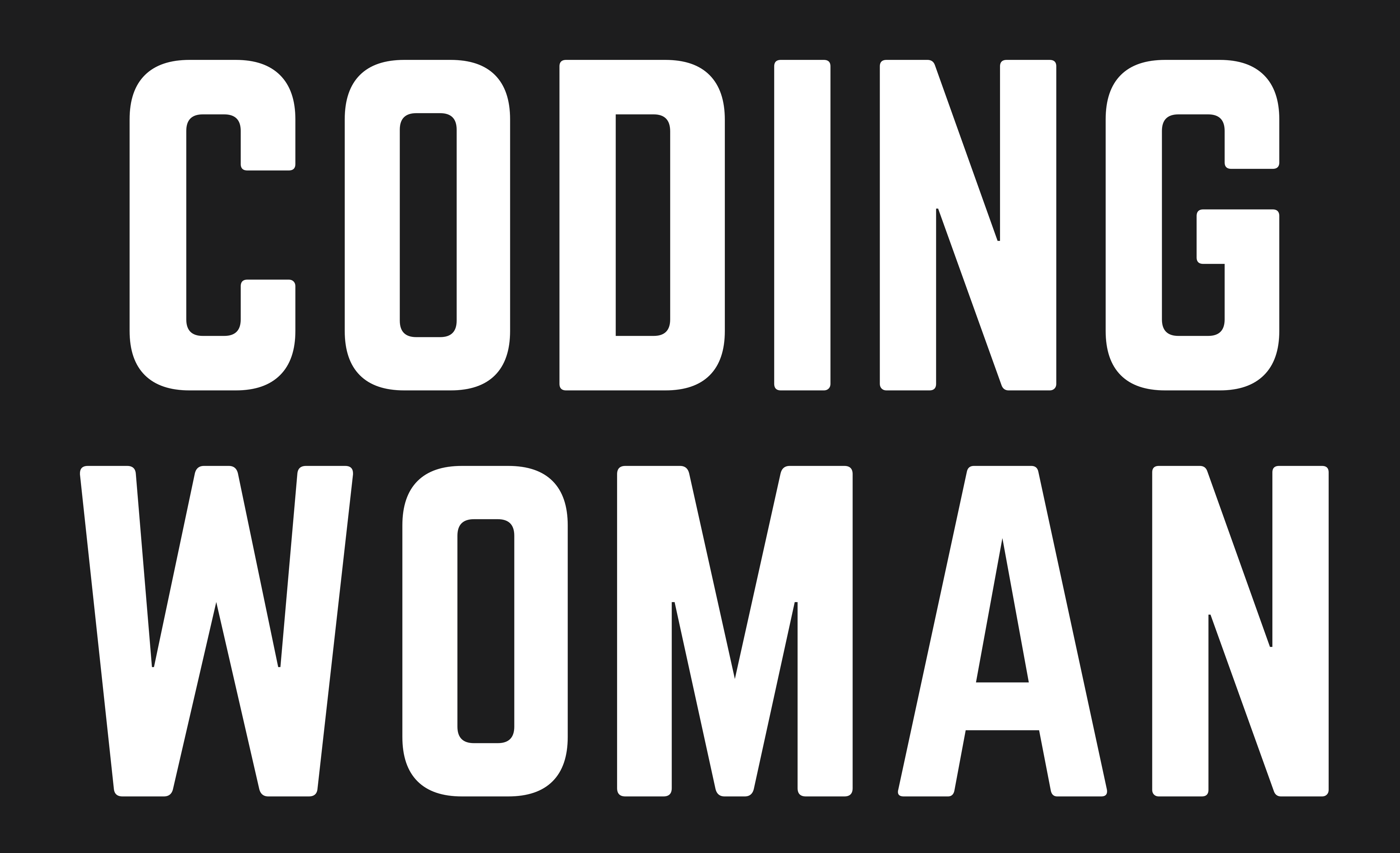I have recently finished the book “The Almanack of Naval Ravikant” and wanted to do a reflection writing specifically on several highlights from the book that stuck with me. This post is by no means a summary or review of the book. Therefore, it mostly contains my thoughts rather than the book itself and also some ideas to motivate you to go out of your reading slump. Still, if you are concerned about getting spoilers of any kind feel free to leave at this point.
Knowledge should be free
Before I start with the content of the book, I would like to mention that the book is available as a free download.[1]https://www.navalmanack.com/ This will be the opening sentence for this post, because I believe knowledge should be free. So are the books! We live in the age of the Internet, after all. Hopefully, there will come a time when we will be able to download the e-books freely, but will only pay for the hard copies. Those are the ones that kill trees anyway.
On Reading
I really enjoyed reading Naval’s opinions on the act of reading itself. I had been quite of a bookworm during my early childhood. Most of the time after my mom took me from school, she would leave me to wander around a bookstore while she went for shopping. Being surrounded by books always gave me this heart warming feeling and from then on spending time between the shelves had easily been one of the things that I enjoy the most in my life.
It was around when I started my bachelor’s I took a break from reading. As the great excuse for all the people who don’t read, I kept saying I just did not have the time. Of course, I had been reading books occasionally but I sometimes felt like I did not enjoy reading as much as I used to.
Why I stopped reading
When I look back now, I see why that might have been the case:
- Around that time I had been reading many technical computer science books for my degree which required a lot of attention. I mostly felt exhausted after finishing a study session and did not feel like grabbing another book on top of that. — This is still a valid reason for me. So I discovered that I need to separate the times for technical and non-technical reads throughout the day.
- The highlighting system that I used to take notes from the books that I read was a little bit too complex. — Previously I was highlighting books and taking notes by hand. After finishing the book, I was also collecting these in a notebook. I now own a Kindle which I especially use for non-fiction reads that require lots of reflecting which makes this process a lot easier. However, I still read hardcopies from time to time as I love the smell of the pages.
- I did not know the genre of books that I felt the most comfortable with. — This is probably the most important part that I was not quite aware of which I will explain below.
Read what you love until you love to read.
This is a quite simple quote from Naval; yet explains so many things. You need to learn to love to read. It was after I discovered my inclination towards non-fiction books that I re-started my reading journey.
It is always easier to check on Instagram / Tiktok for hours or watch Netflix, this is mostly not the fault of any of us. We live in a world of distractions. In the book, we see that Naval also mentions that he went through a much similar phase. He says that he gave up reading and switched to social media instead, which gave him only bursts of dopamine and nothing else, which soon turned out to be much of a regret.
Read everything you can. And not just the stuff that society tells you is good or even books that I tell you to read. Just read for its own sake. Develop a love for it. Even if you have to read romance novels or paperbacks or comic books. There’s no such thing as junk. Just read it all. Eventually, you’ll guide yourself to the things that you should and want to be reading.
You first need to find what you like and read it just because you enjoy doing so. The greatest part is that when you read a book you will never feel like you are wasting your time.
Do you really not have enough time?
One of the biggest excuses that I hear from people is not having enough time to read. Well, let’s find out together. Most of the recent smartphones nowadays record your screen time per application[2]If you are interested in your screen time on your computer, you can also have a look into Rescue Time app which I mentioned in this post: … Continue reading. For iPhone, you can find it under Settings. Take a look into your time spent on social media, for instance. Do you still think that you don’t have enough time to read?
After figuring out about my phone usage, I also realized that most of the time that I commute to university using the subway is also the time that I spend on social media the most. So from that day on, every time I am on a subway or a bus, instead of scrolling aimlessly on my phone, I started reading a book. I also took a 30 min break from work and study most of the days to read.
By only making these minor changes in my life, I was able to finish 13 books since the beginning of this year.
You are on your journey to learn, so use your time wisely.
On Learning
Our current education system is broken. It assumes that you will be shown a concept for only once and that will stick with you for a lifetime. However, for most of us, this is not the case. In order to understand a complicated concept, one should first need to be confident with the basics at a fundamental level. Otherwise, all the new things you are trying to learn on top of the existing ones would be like a poorly laid building. It would collapse.
So, first lay the foundations of the building. This is the most crucial step.
You really care about having studied the foundations, so you’re not scared of any book. If you go to the library and there’s a book you cannot understand, you have to dig down and say, “What is the foundation required for me to learn this?” Foundations are super important.
Then, you will have enough knowledge to put the bricks (the new concepts) on top of each other.
If you start with the originals as your foundations, then you have enough of a worldview and understanding that you won’t fear any book. Then you can just learn.
Now you don’t need to be scared anymore. Grab any book and enjoy the process!
No book in the library should scare you. Whether it’s a math, physics, electrical engineering, sociology, or economics book. You should be able to take any book down off the shelf and read it. A number of them are going to be too difficult for you. That’s okay — read them anyway. Then go back and reread them and reread them.
This is what I’m also trying out this semester by taking courses on foundations of learning and data analysis, before starting to write my master’s thesis. Up until now, I mostly had a computer science perspective to these topics, but there is also another way to look at them which is basically the mathematics-side.
At first, looking at mathematical proofs as a computer scientist might seem scary, but you get used to them as you practice and at the end you are not scared of seeing those notations. Instead, you enjoy the fact that you have a much deeper view into the topic.
Final Words
Mind is a muscle and it can be trained. You can build habits that will lead you to happiness as long as you want to. Keep in mind that you have only a very limited time on earth, so chose how you will spend it wisely.
What are the most efficient ways to build new mental models? Read a lot—just read. Reading science, math, and philosophy one hour per day will likely put you at the upper echelon of human success within seven years.
I am usually not good at summaries, so I instead decided to create a reflection post[3]The cover image of this post is generated by DALL·E 2, a visual-language AI model that can create images based on the prompts provided by the user. More on this topic will follow on an upcoming post. on some ideas from the book. If you came this far, I hope you also had some takeaways for yourself.
Enjoy the rest of your day!
References
| ↑1 | https://www.navalmanack.com/ |
|---|---|
| ↑2 | If you are interested in your screen time on your computer, you can also have a look into Rescue Time app which I mentioned in this post: https://www.codingwoman.com/apps-to-increase-your-productivity/ |
| ↑3 | The cover image of this post is generated by DALL·E 2, a visual-language AI model that can create images based on the prompts provided by the user. More on this topic will follow on an upcoming post. |


 — I'm Idil, a master's graduate in computer science
— I'm Idil, a master's graduate in computer science  interested in machine learning and computer vision. I write blog posts on a variety of topics including computer science, my recently read books, and self-development.
interested in machine learning and computer vision. I write blog posts on a variety of topics including computer science, my recently read books, and self-development.
Comment